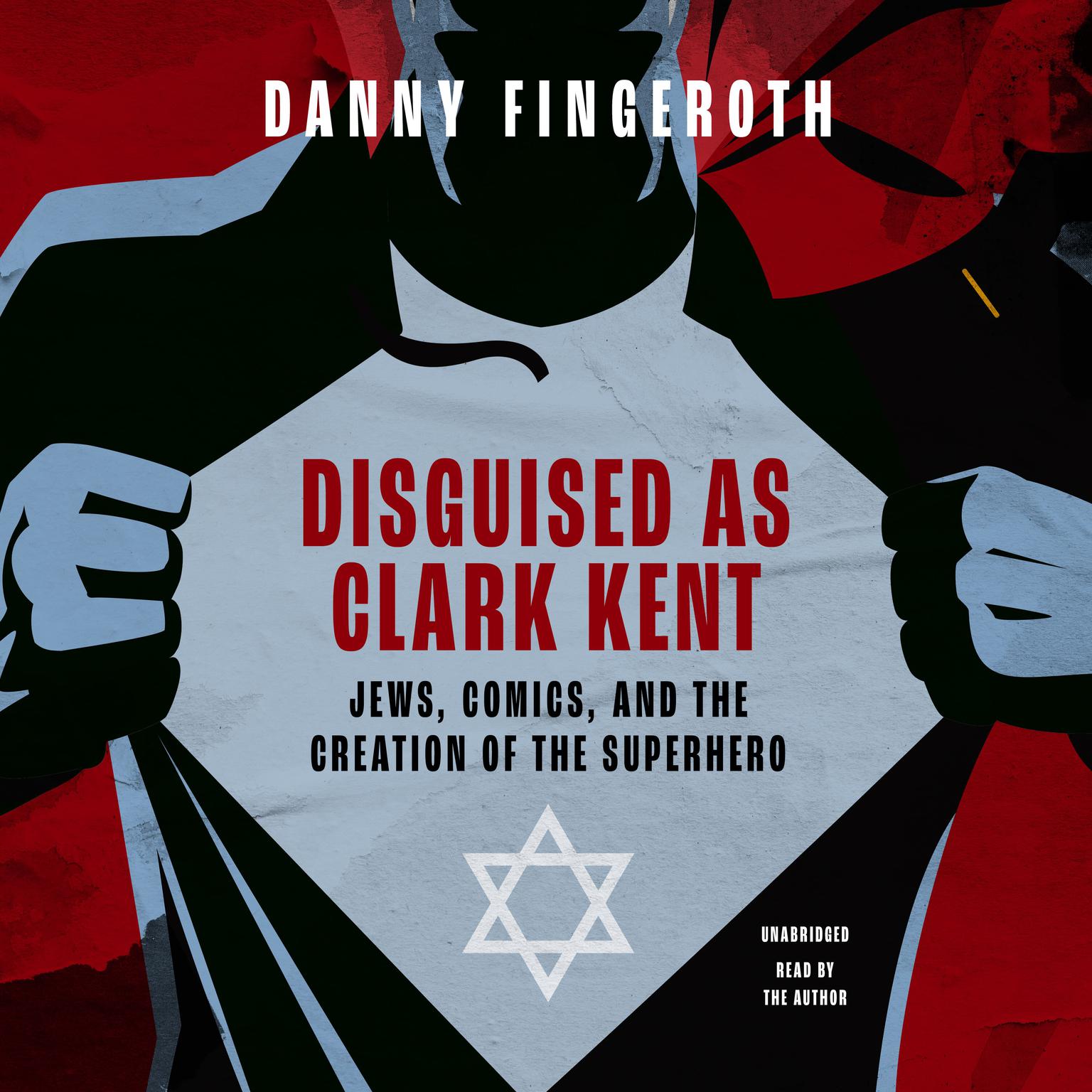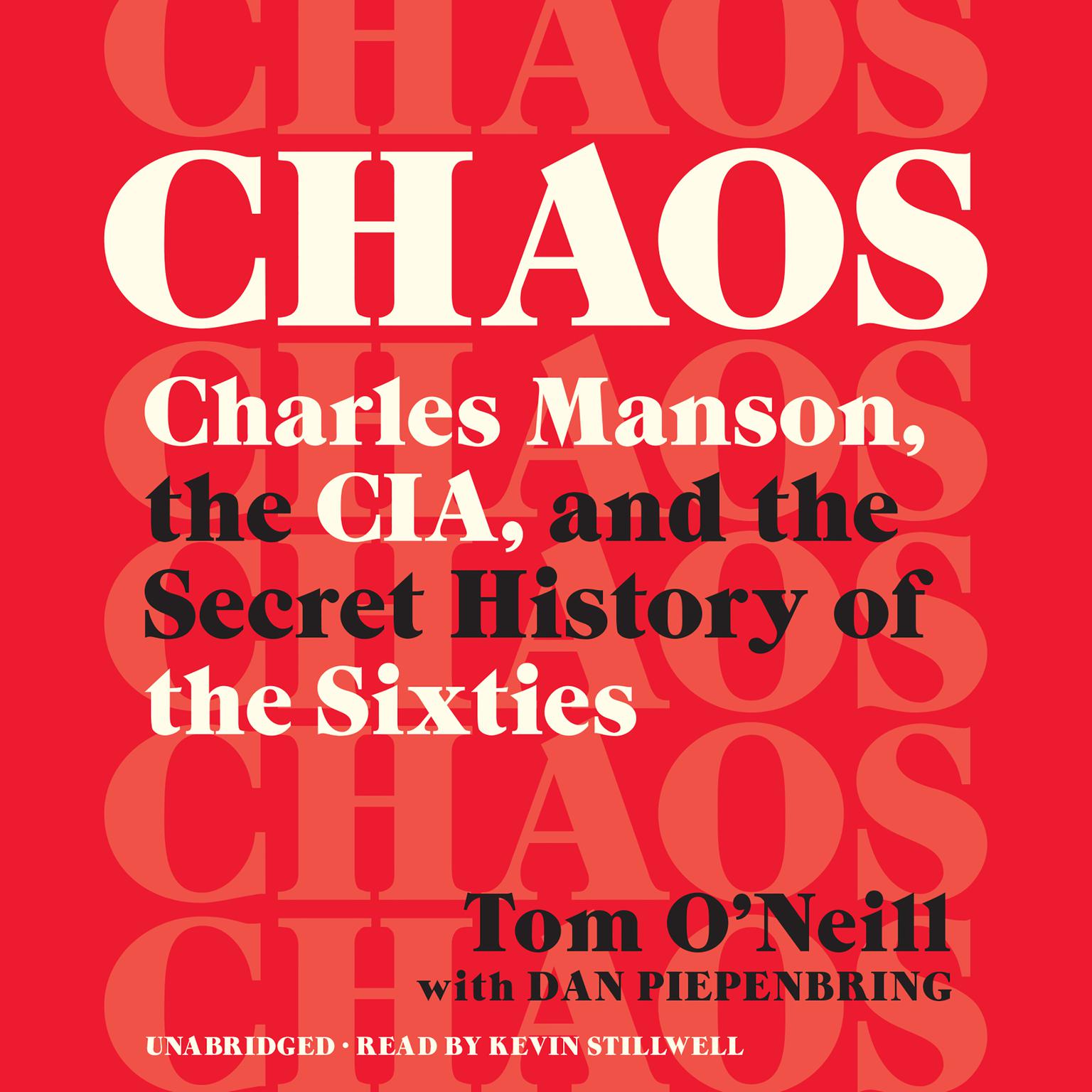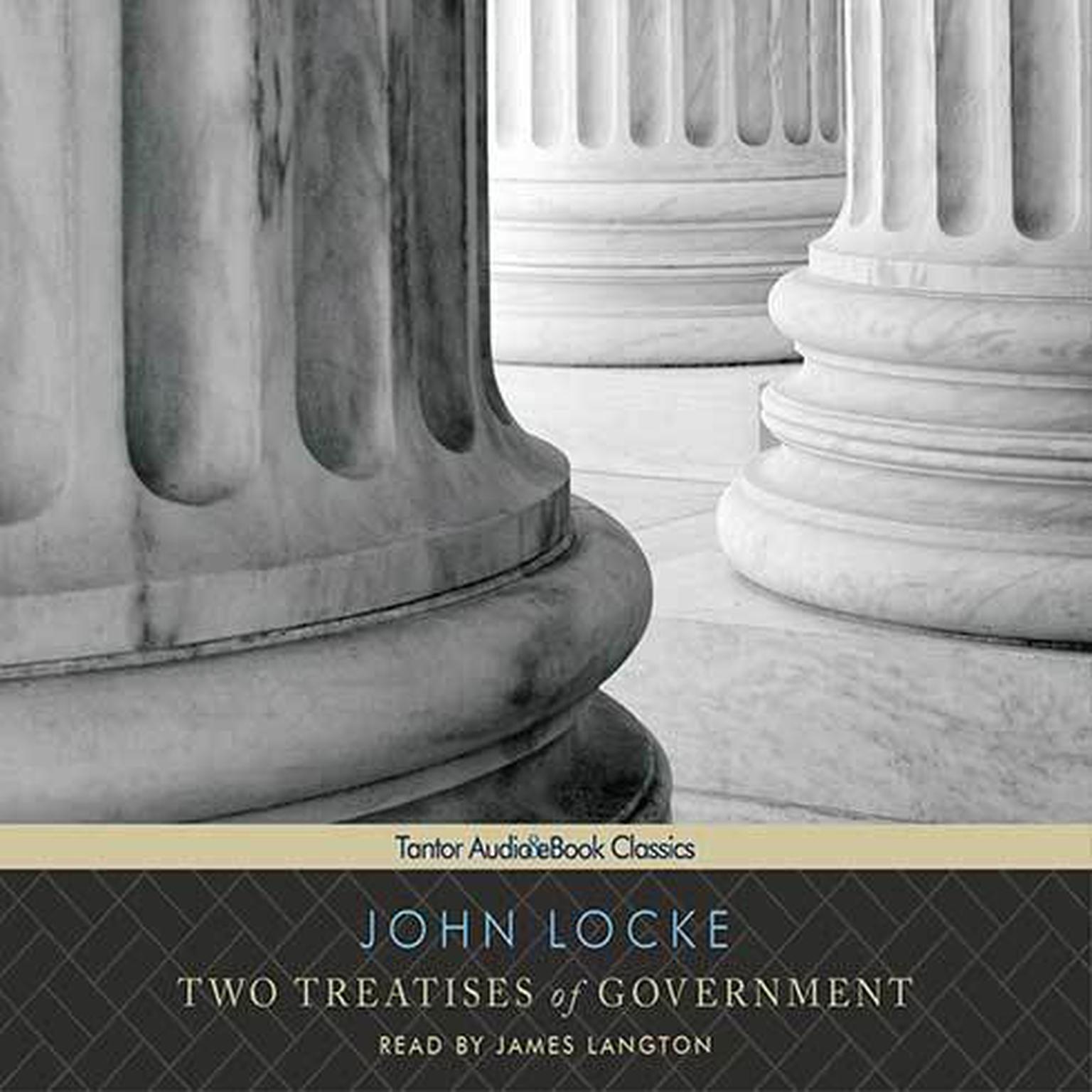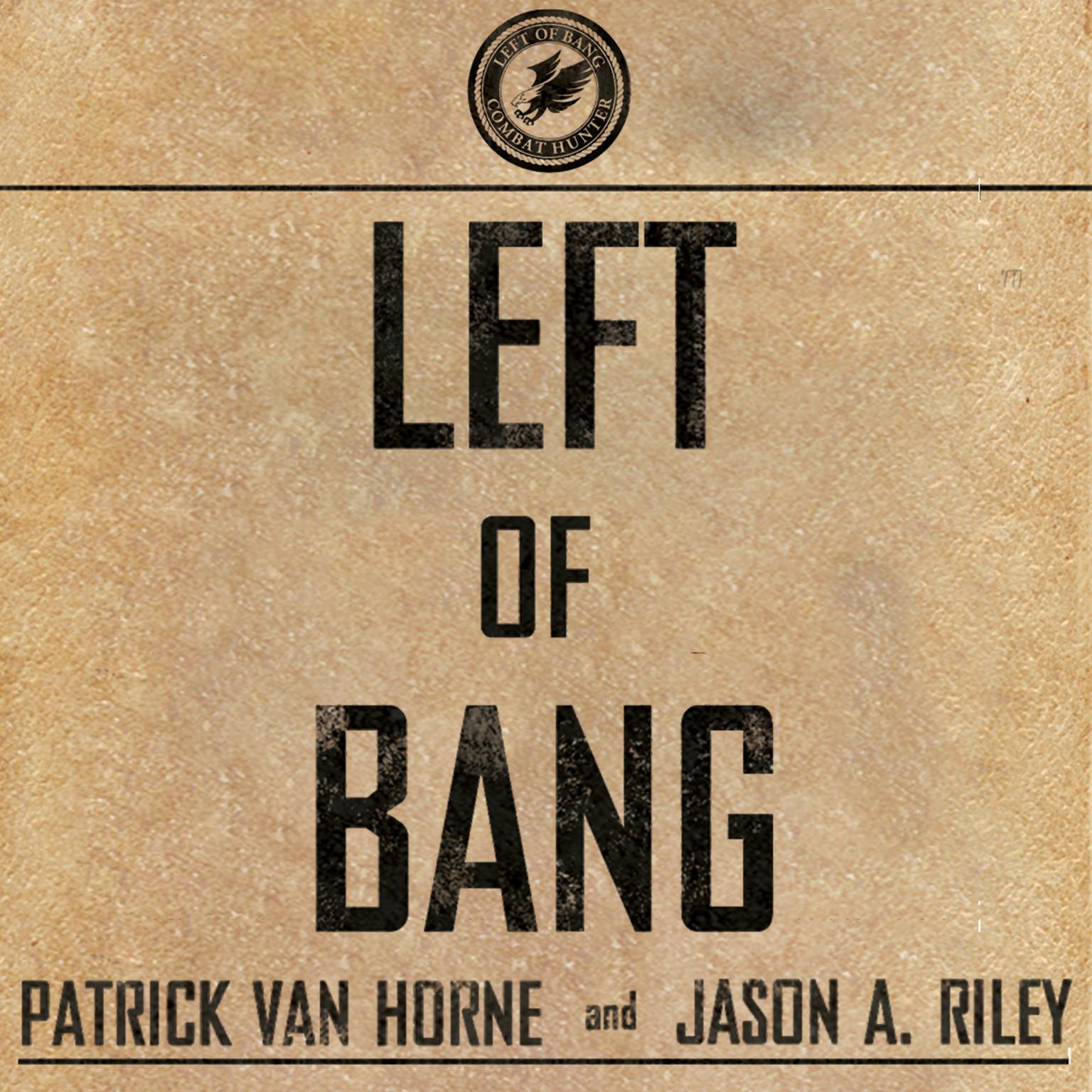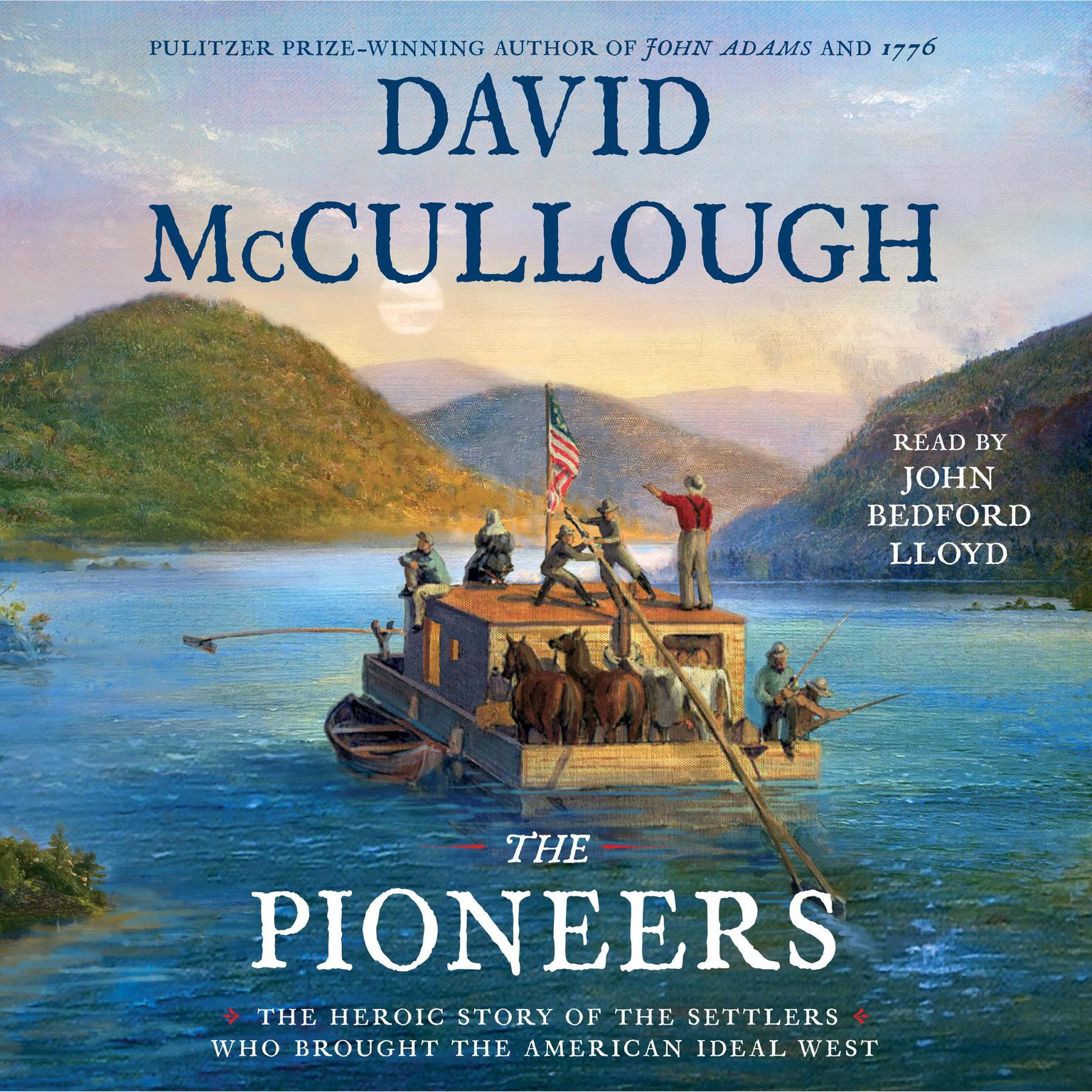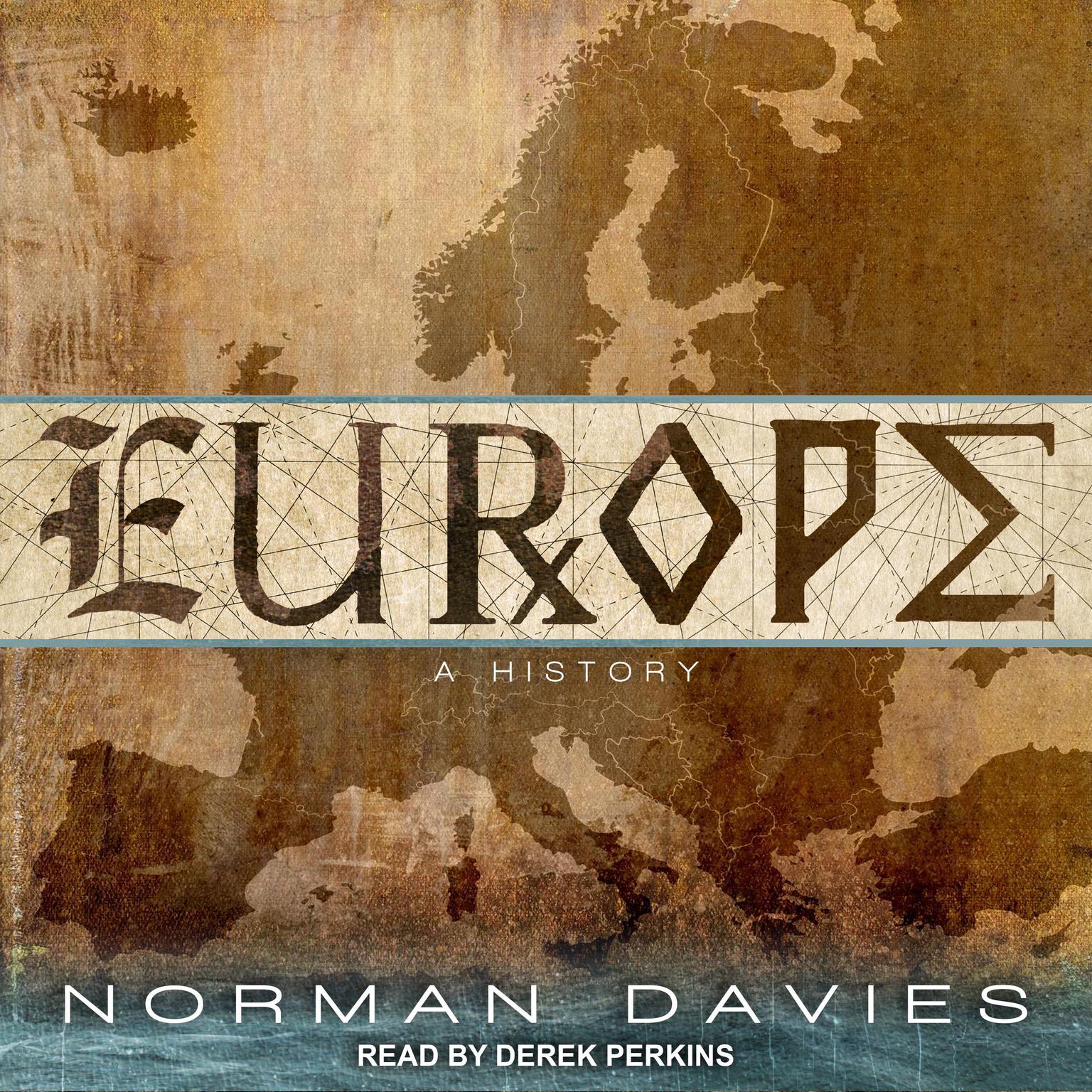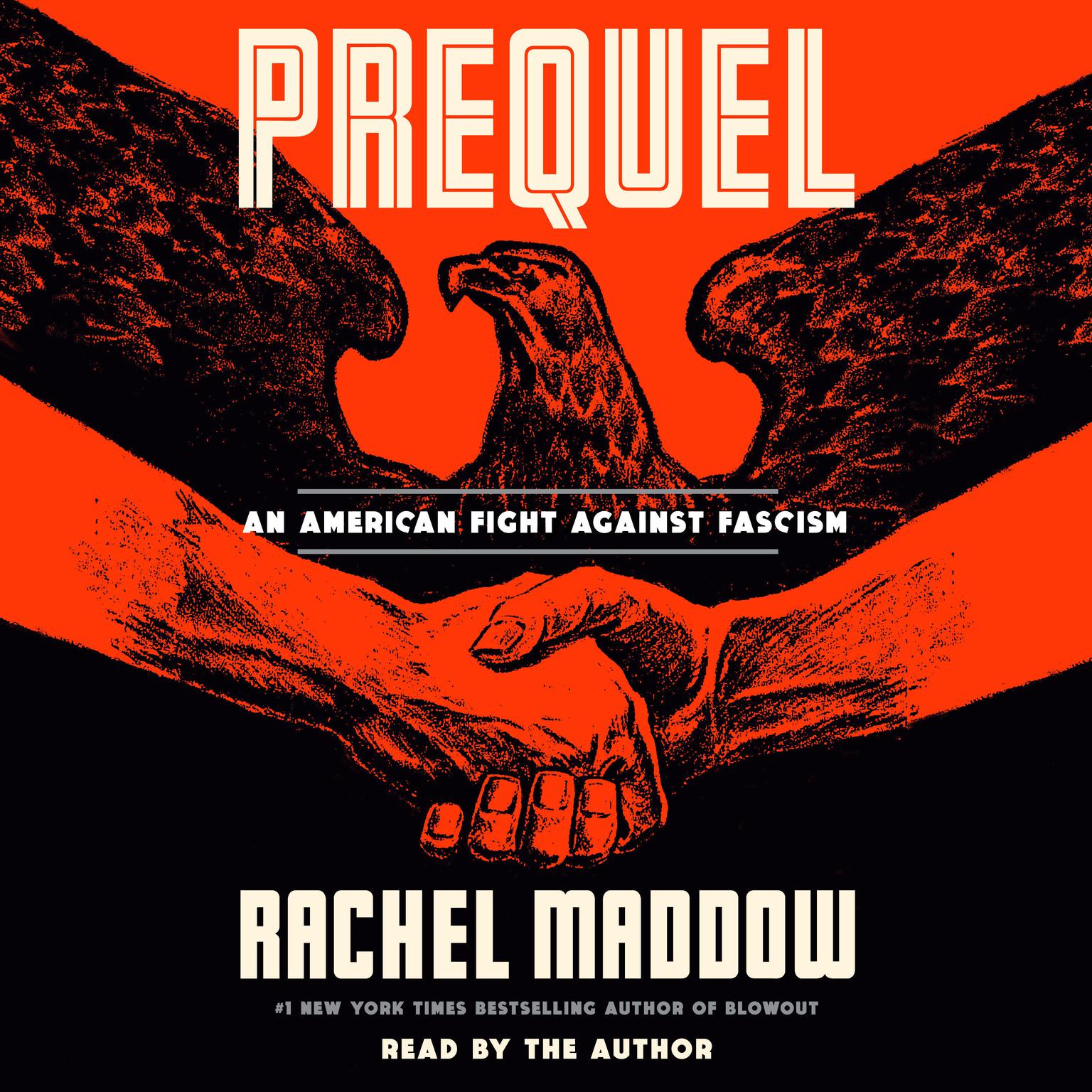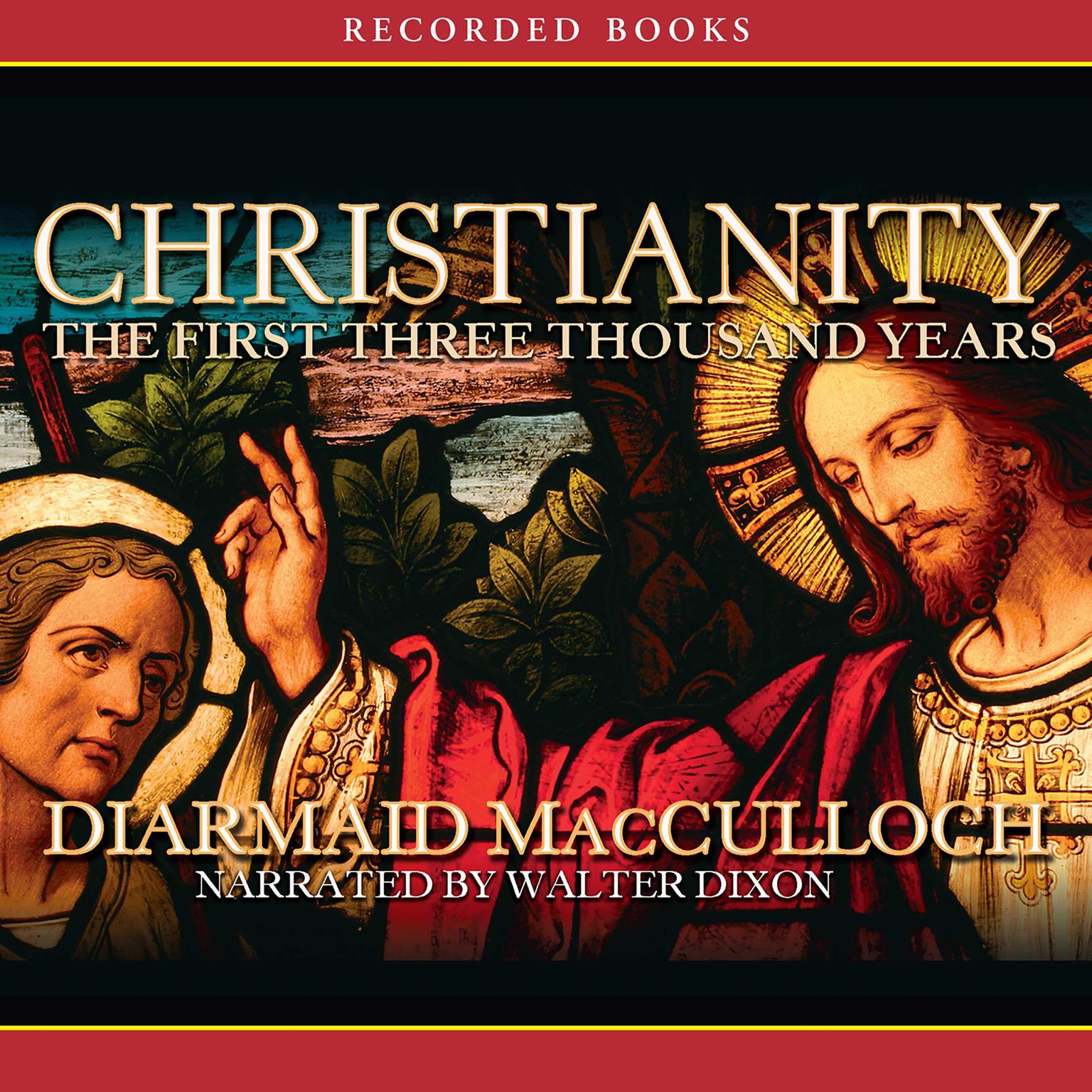Publisher Description
In this insightful and provocative book, comics-industry veteran Danny Fingeroth explores the backgrounds of the most well-known superheroes and their creators—largely young American Jewish men from Eastern European backgrounds. These innovators include Jerry Siegel and Joe Shuster, Will Eisner, and Stan Lee and Jack Kirby.
Jewish Identity has historically been about the push and pull toward and away from that very identity. As immigrants with a history of persecution, Jews came to America with their heads down but their eyes open, finding themselves presented with unprecedented freedom and opportunity.
Still, there were limits, spoken and unspoken, which often pushed Jews into fields with a hint of “second-class-ness” to them. Among these was the comic-book industry, until then minus the breakout hit that would put the medium on the map. That phenomenon would be the superhero—specifically Superman—and the flood of others that followed, including Batman and Spider-Man.
In Disguised as Clark Kent, Fingeroth explores how the creators’ Jewish backgrounds helped make superheroes the most familiar popular-culture icons of all, far beyond the comic books that spawned them—on TV, in movies, in electronic media—and in our very ideas about what it means to be a hero.
Drawn in part from original interviews with legendary creators as they reflect on their Jewish backgrounds—religious, ethnic, and cultural—Disguised as Clark Kent brings valuable insights into the fantasies that fuel our imaginations, and raises significant questions about the relationship of individual and group identity to the content of our collective dreams.
Download and start listening now!
“Looking back at the gold and silver era of comics, [Fingeroth] uses close reading and artist testimony…to explore parallels between Superman and Moses, Spider-Man’s morality tales and the Torah, Fantastic Four arch-nemesis Hate Monger and Hitler, and others. Fingeroth’s theories can seem far-fetched…[but] there’s nothing here that wouldn’t be at home (or much appreciated) in a spirited debate among hard core fans.”
—
Publishers Weekly
